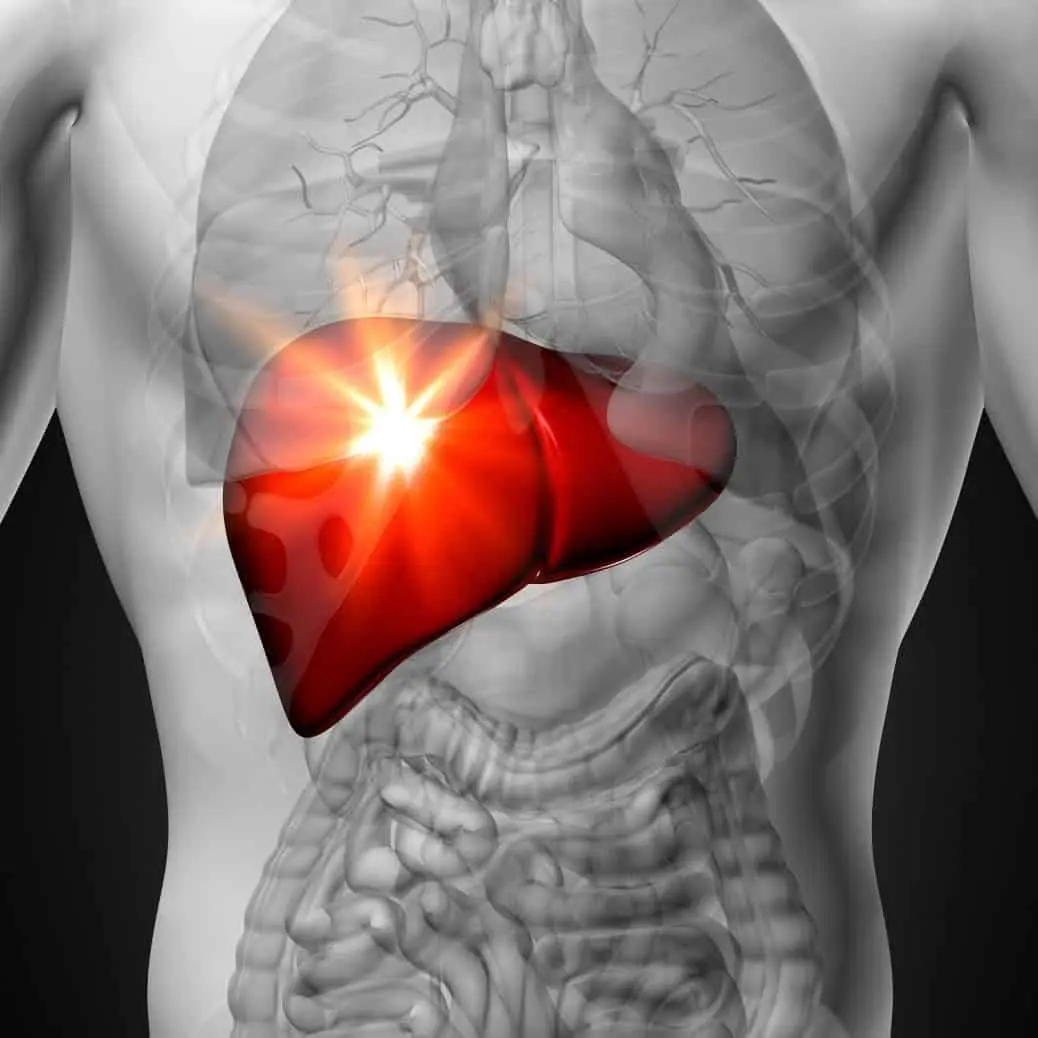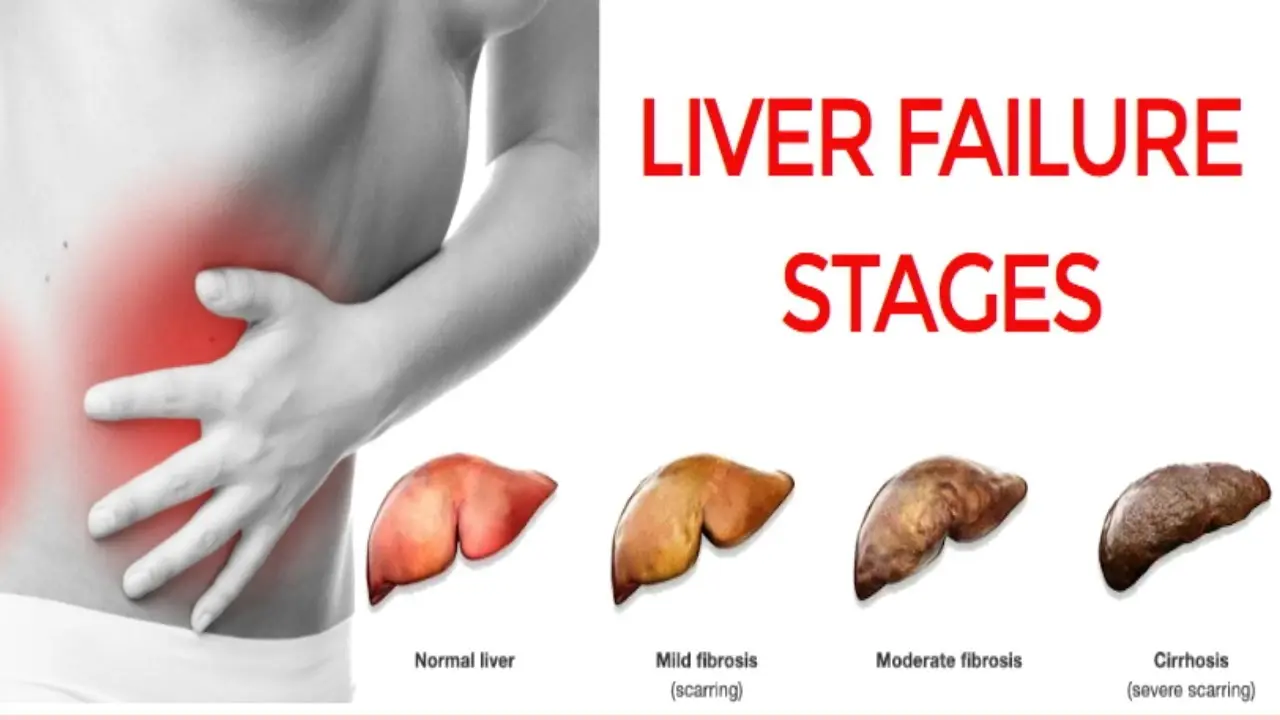Can Liver Failure be Cured?
Sometimes
Liver transplant can be curative; outcomes depend on the severity of liver failure, success of transplant, and underlying cause

What is Liver Failure?
Liver failure is a life-threatening condition where the liver is no longer able to function adequately. Treatment may involve supportive care, medications, and, in severe cases, liver transplantation.

Clinical Aspects

Characteristics
Severe impairment of liver function, often resulting in the inability to perform essential metabolic and synthetic functions

Symptoms
Jaundice, confusion, bleeding, ascites, fatigue

Diagnosis
Clinical evaluation, imaging, blood tests

Prognosis
Variable, often life-threatening

Complications
Multiorgan failure, potential for complications
Etiology and Treatment

Causes
Cirrhosis, acute viral hepatitis, alcoholic liver disease, certain medications, autoimmune hepatitis, genetic conditions

Treatments
Supportive care, liver transplant, addressing the underlying cause

Prevention
Supportive care, liver transplant, addressing the underlying cause
Public Health and Patient Perspectives

Epidemiology
Common, often associated with advanced liver disease

Patient Perspectives
Liver transplant for selected candidates
While the information presented here reflects the current knowledge about these conditions and treatments, it’s important to understand that individual cases may differ. Consulting with a healthcare professional is crucial for accurate information tailored to your specific needs.
Share: